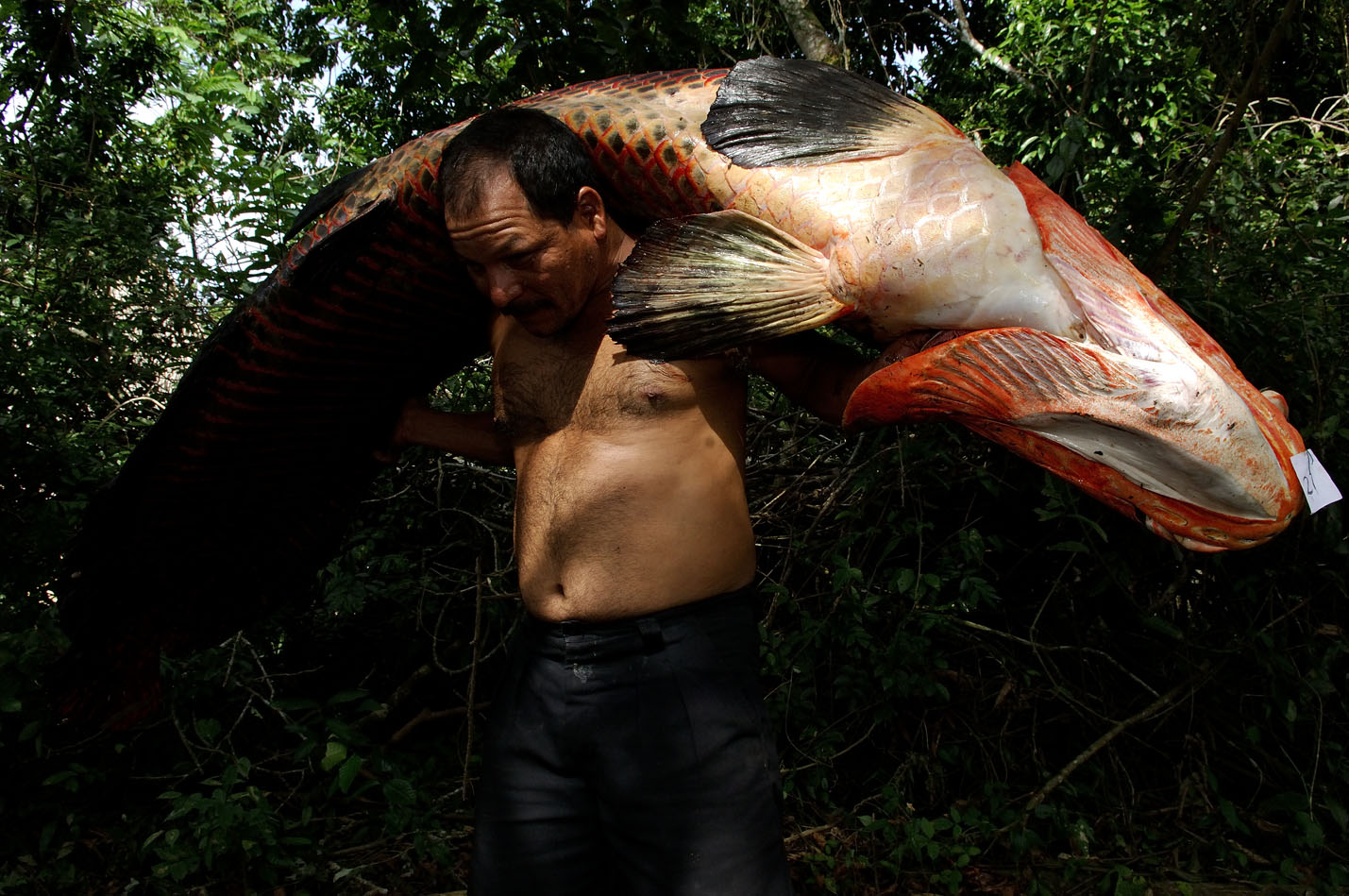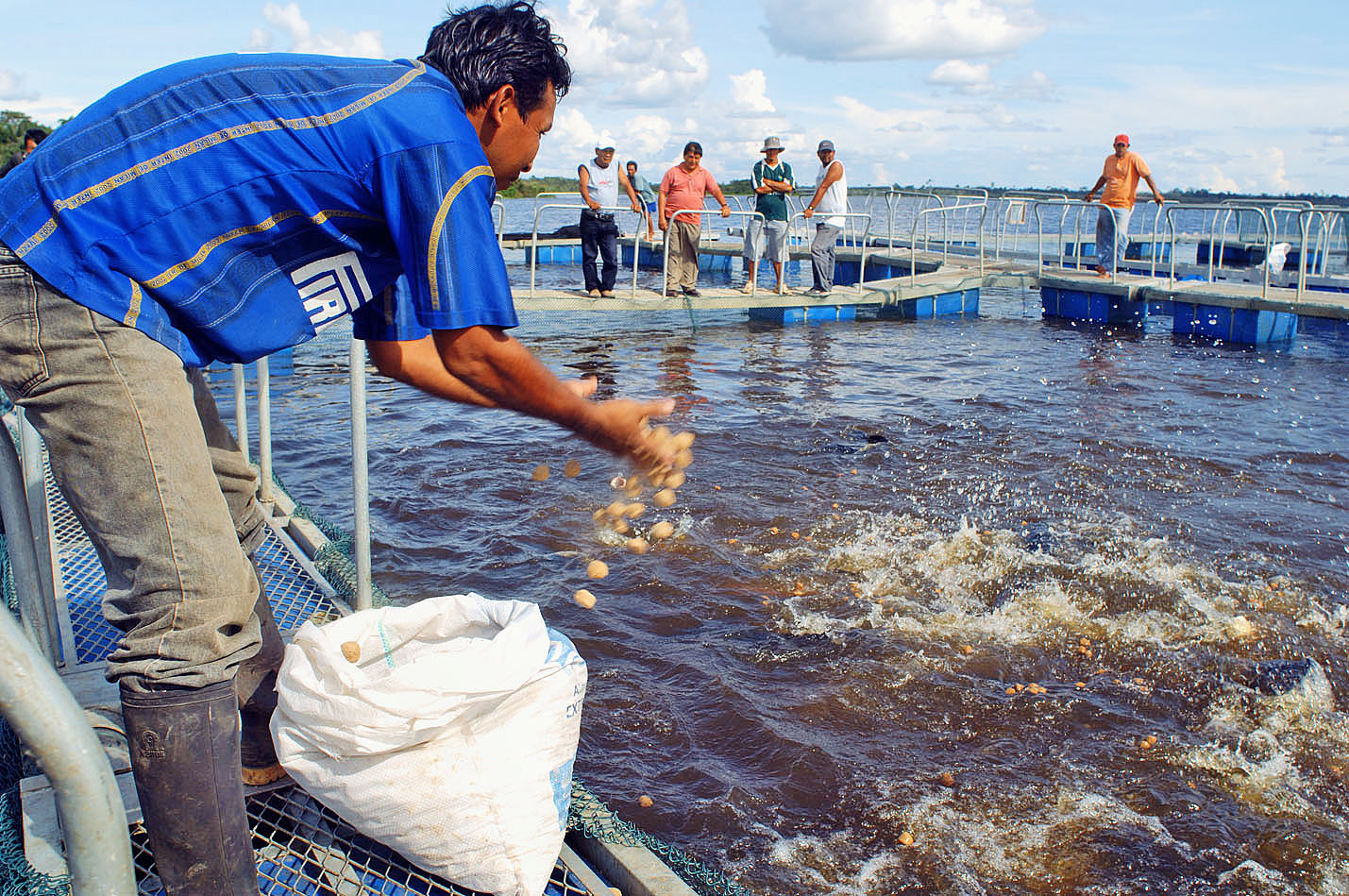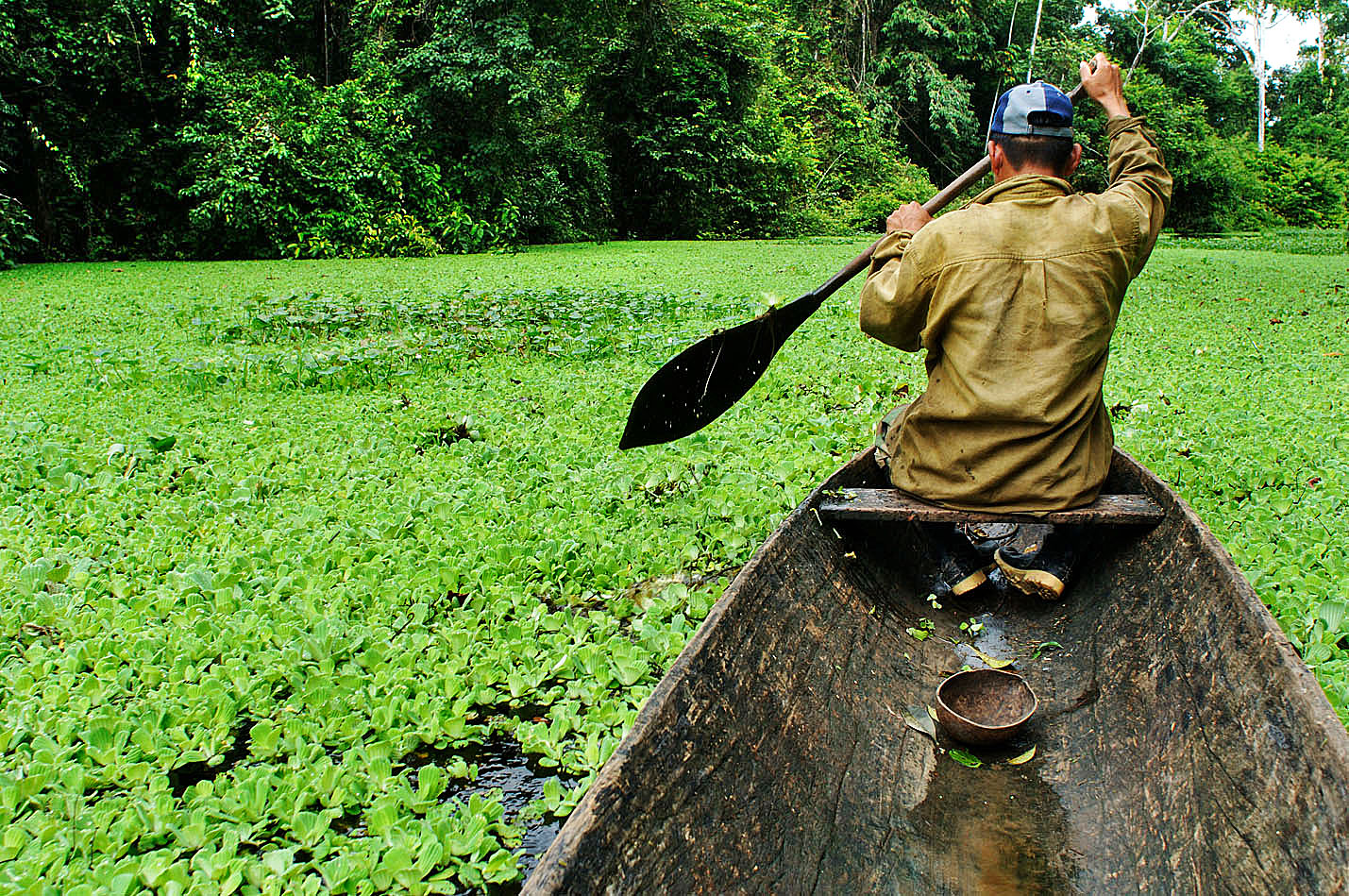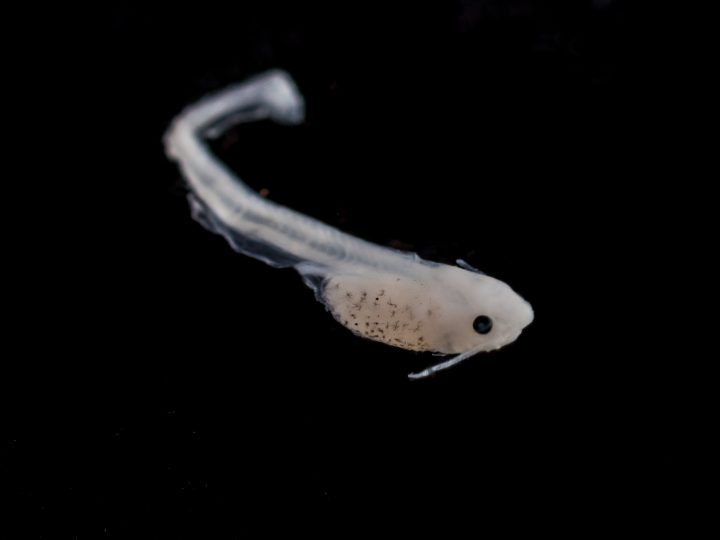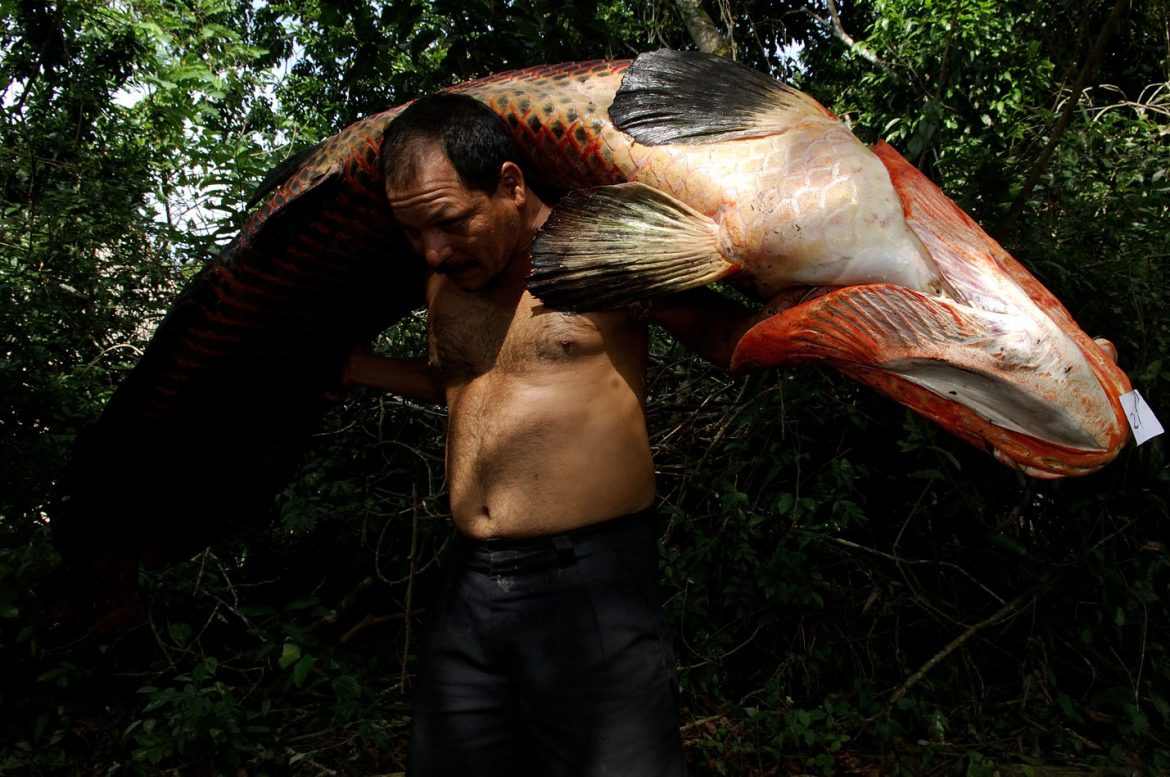
Photo: Walter Wust, WCS.
Healthy Fisheries Mean Healthy People
A new study in Nature Food by Heilpern et al. highlights the nutritional consequences of replacing wild fish with aquaculture and chicken in the Peruvian Amazon.
Replacing wild fish as a local food source with aquaculture and farm-raised chicken in the Peruvian Amazon can exacerbate malnutrition issues, in particular iron and essential fatty acid deficiencies. These issues already exist; as the paper states, citing a study by the Peruvian National Institute of Information and Statistics (INEI), “43.3% of children under 5 years are iron deficient, and 25.3% are chronically malnourished or stunted; and 22.4% of women of reproductive age are iron deficient.” This is an important result because it gives context that can help adjust current investments: For example, the World Bank has granted 40 million USD to the Peruvian Ministry of Economy and Finances to develop the aquaculture system in the spirit of development. Yet, as the Sustainable Development Goals, ratified by the United Nations, state, reaching “zero hunger” requires “food security and improved nutrition.”
Photo: Walter Wust, WCS.
What are the specific nutritional components that change with this replacement?
While the availability of protein, a macronutrient that helps to repair body cells and create new ones, and zinc, a nutrient that helps with the immune system, goes up with chicken and aquaculture, other nutrients, which already present a problem of availability in the Amazon, go down. In particular, the availability of iron, a mineral necessary for growth, development, and oxygen transport, and fatty acid, molecules that prevent heart disease and other illnesses, as well as provide energy storage, could decline with ongoing replacement of wild fish with farmed foods. This can limit access to these key micronutrients, particularly for groups such as children and menstruating people whose unique nutritional demands can leave them acutely vulnerable to nutritional deficiencies. Further, since no one species is high in all nutrients, having a diverse diet is fundamental.
Fish also provide more than nutrition– they are important for cultural identity and decision-making
In the Amazon, the diversity of fish do more than provide the food that people eat: They are also integral to ways of living and knowing. For example, fish migrations, known in many places as the “mijano”, not only bring important food fishes back to where people live, but they also tell people about the water levels in the river. This communication allows people to physically navigate on the river to places that are not available during the dry season, thus changing the strategies for socializing and fishing. Recognizing that fish, and food generally, have multiple roles in people’s lives supports the pillars of “food sovereignty,” a movement that explicitly acknowledges that food security depends on integrating reflections on culture, power, environment, and distribution, and how these dimensions interact to make food available, culturally-appropriate, and nutritious. Heilpern and colleagues speak to these dynamics by pointing out that farm-raised chicken and fish are industries that not only favor those with economic means (as they require a large initial economic input and are generally more expensive than wild-caught fish), but also come at an environmental cost since raising farmed animals results in greenhouse gas emissions, land use, and eutrophication of waterways.
Photo: Walter Wust, WCS.
“Policies that invest in managing capture fisheries, such as through protection of key habitats and harvest monitoring, can work towards increasing food security while abating the impacts of overfishing on aquatic ecosystems”.
The final conclusion of Heilpern and colleagues’ work further highlights the importance of the first objective of the Amazon Waters Declaration— an integrated management of fisheries can promote freshwater connectivity and the overall biocultural diversity of the Amazon basin. Specifically, a move towards consumption of a variety of species, particularly lower trophic species, is recommended. A different move, one towards farm-raised chicken and aquaculture, could lead to both environmental and nutritional consequences. Instead of investing in new industries, we should focus on the fisheries that already exist– where there’s a healthy environment, there are healthy fisheries, which may just mean healthy people.
Writted by: Natalia Piland.
More Information : Webinar Recording: Biodiversity, aquaculture, fisheries: challenges for the Amazon

